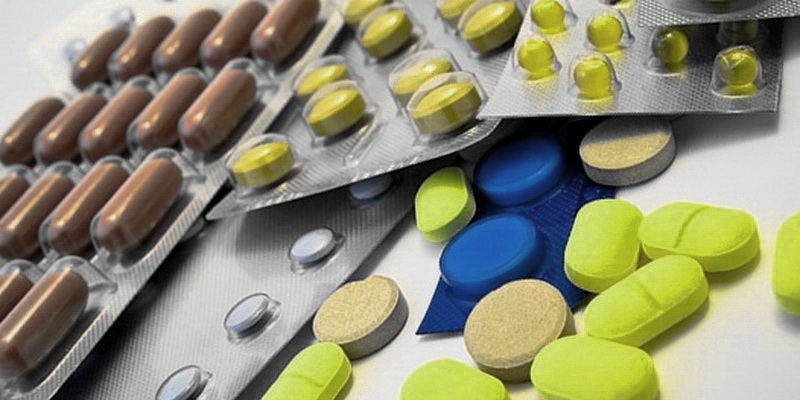
For most individuals, the recommended starting dose of Cialis (tadalafil) is 10 mg per day to be taken prior to sexual activity (or as needed). Depending on the adequacy of the intended response or whether adverse side effects are experienced, the daily dose may be increased to 20 mg or decreased to 5 mg.
Effects of Cialis may last up to 36 hours. Individuals taking medications that increase blood levels of tadalafil should not exceed a total dose of 10 mg within a span of 72 hours. For those prescribed Cialis as once daily use, irrespective of sexual activity, the recommended dose is 2.5 to 5 mg. In all circumstances, Cialis should not be taken more than once daily.
The recommended dose of Cialis when used to treat benign prostatic hyperplasia or BPH and erectile dysfunction (ED) is 5 mg to be taken daily at the approximately the same time. Cialis may be taken with or without food since absorption within the intestine is not affected by food.
Dosing of Cialis may require adjustment specifically for those patients with reduced kidney or liver function.
Which drugs or supplements interact with Cialis?
The breakdown and elimination of Cialis from the body may be decreased by drugs and/or drug ingredients such as erythromycin, ketoconazole (Nizoral), itraconazole (Sporanox), indinavir (Crixivan) and ritonavir (Norvir). Taking these types of drugs with Cialis may increase the levels of tadalafil in the blood. Therefore, if these drugs are concurrently being used with tadalafil, when used as needed, dosing of tadalafil should be lowered to 10 mg every 72 hours, or to 2.5 mg when used daily in order to lower the risk for side effects associated with high levels of tadalafil.
In contrast, drugs such as rifampin, carbamazepine (Tegretol, Tegretol XR, Carbatrol), phenytoin (Dilantin, Dilantin-125) and phenobarbital may decrease the level of tadalafil in blood level, possibly reducing any intended effects of tadalafil.
Taking Cialis may lead to exaggerated increases in heart rate and lowering of blood pressure associated with nitrate therapy. These types of drugs include, for example, nitroglycerin, isosorbide dinitrate (Isordil), isosorbide mononitrate (Imdur, Ismo, Monoket) and nitroglycerin (Nitro-Dur, Transderm-Nitro), which are primarily used for treating heart pain (angina). In patients taking nitrates for angina, tadalafil may lead to heart pain or possibly a heart attack because of its role in exaggerating increases in heart rate and lowering of blood pressure. Therefore, Cialis should not be used with nitrates.
Use of Cialis may also exaggerate the blood pressure lowering effects of some alpha-blocking drugs, including for example, terazosin (Hytrin) that is primarily used for treating high blood pressure or enlargement of the prostate (BPH). Individuals taking these and other alpha-blockers should be on stable dosages prior to initiation of tadalafil therapy; and in such instances, Cialis should be started at the lowest dose. In contrast, if a patient is already taking Cialis, alpha-blocker therapy should be initiated at the lowest dose. However, combining tadalafil with alpha-blockers for treatment of BPH is not recommended.
Independent of one another, both Cialis and alcohol lead to the lowering of blood pressure. Therefore, combining tadalafil with alcohol may cause excessive drops in blood pressure leading to dizziness, headaches and increased heart rate.
A phosphodiesterase type 5 inhibitor (PDE5) inhibitor therapy may affect platelet function potentially leading to prolonged bleeding. Accordingly, Cialis should be used with caution in patients with bleeding disorders or active ulcers. When taking Cialis, this should not be combined with Adcirca (another form of tadalafil) or other types of PDE5 inhibitors, which includes for example, vardenafil (Levitra) or sildenafil (Viagra, Revatio).